Open 24 Hours
Open 24 Hours
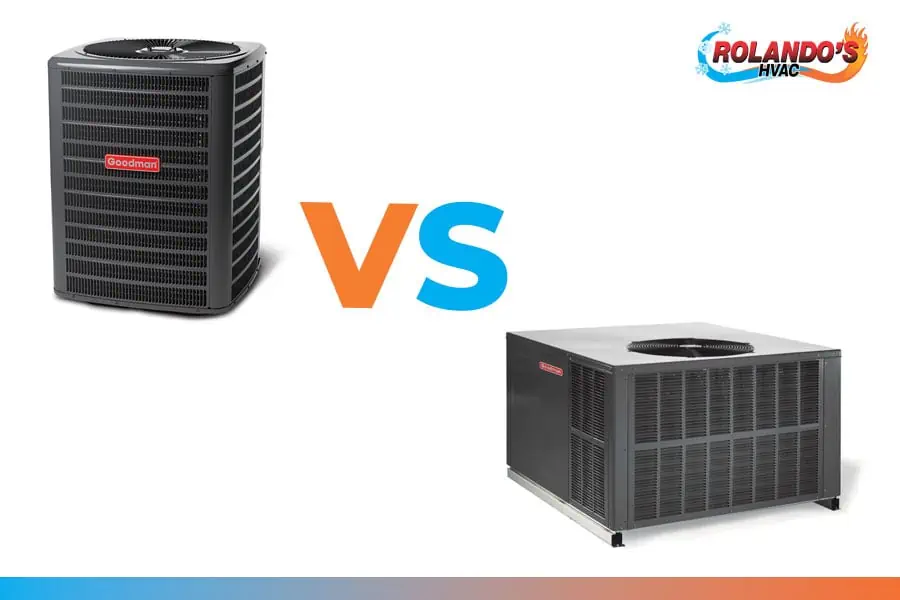
04
Apr
Table of Contents
In Florida's humid climate, selecting an energy-efficient HVAC system that can effectively cool your home while minimizing energy costs is crucial. This article compares straight cool systems (air conditioners) and heat pumps, two popular options for homeowners. This blog post will explore the advantages and disadvantages of each option, providing insights from HVAC experts to help you make an informed decision based on your specific needs and preferences.
Whether a heat pump or straight cool system is right for your space depends on various factors. These can include:
A qualified HVAC contractor can assess these elements and guide homeowners toward the most suitable solution – one that balances cooling performance, energy savings, and year-round comfort in Florida's unique climate.
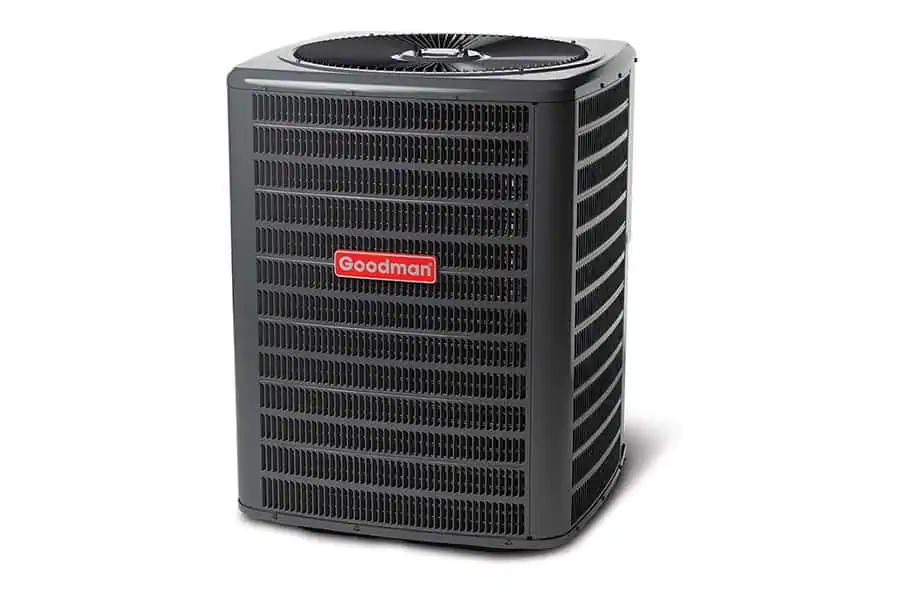
A straight cool system, also known as an air conditioner or AC unit, is designed solely for cooling purposes. It works by removing heat and moisture from indoor air and expelling it outside, providing a comfortable living environment during Florida's hot seasons. Straight cool systems are prevalent in many Florida homes due to the state's warm climate.
Straight cool systems are a popular choice for Florida homeowners seeking an affordable and reliable cooling solution. However, for those who require heating capabilities, a heat pump system may be a more versatile and potentially more energy-efficient option, especially in Florida's mild winter climate. Consulting with an HVAC expert can help determine the right system based on individual needs, energy costs, and climate conditions.
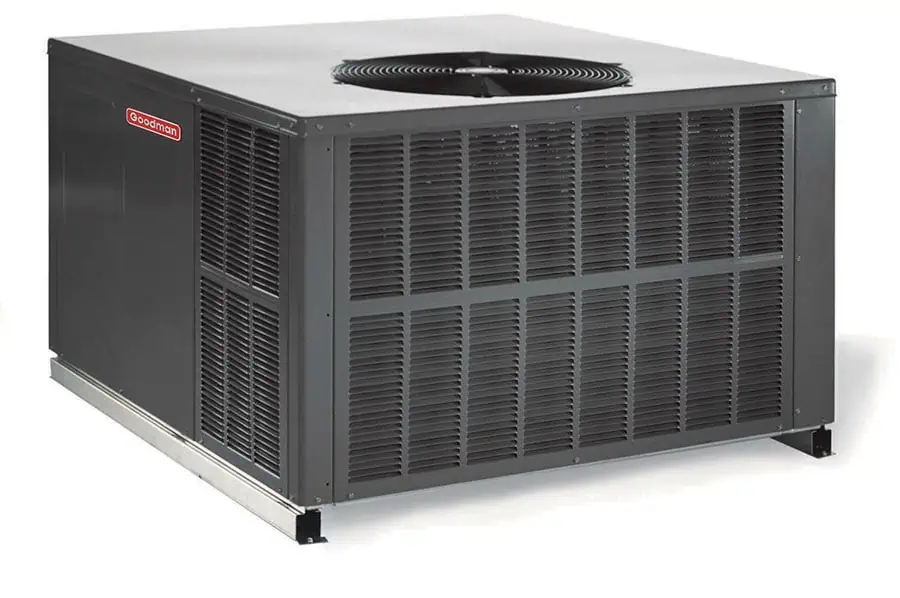
A heat pump is a versatile HVAC system that can provide both heating and cooling. Unlike traditional air conditioning units that only cool indoor air, heat pumps work by transferring heat instead of generating it, making them an ideal choice for moderate climates. In cooling mode, a heat pump functions similarly to an air conditioner, removing heat from indoor air. However, in heating mode, it reverses the refrigerant flow to extract heat from the outdoor air and transfer it indoors, providing efficient heating.
When choosing between a heat pump and a straight cool system, a big deciding factor is Florida's unique climate. With hot, humid summers and mild winters, its important to also consider your specific heating and cooling needs as well as your long-term energy efficiency goals. While heat pumps offer versatility and potential energy savings, straight cool systems may be a more cost-effective option for homes that rarely require heating. Consulting with HVAC experts can help you weigh the pros and cons, factoring in your insulation levels, ductwork compatibility, and energy cost projections to determine the right heating and cooling solution for your home.
If you're considering a new HVAC system or need maintenance for your existing one, contact Rolando's HVAC at (813) 373-6804 for expert advice, installation, and maintenance services tailored to your needs. Our team of HVAC experts can help you navigate the decision between a straight cool system (air conditioner) and a heat pump system, taking into account factors such as energy efficiency, heating and cooling requirements, insulation levels, and long-term cost savings.
In addition to new system installations, we provide comprehensive maintenance services for both air conditioners and heat pumps, ensuring optimal performance, energy savings, and extended equipment life. Regular maintenance can also improve indoor air quality by keeping your system clean and running smoothly.
At Rolando's HVAC, we prioritize customer satisfaction and strive to deliver cost-effective solutions tailored to your specific needs. Our team stays up-to-date with the latest HVAC technologies, including energy-efficient air source heat pumps and geothermal heat pumps, to provide you with the most advanced and environmentally-friendly options.
Don't hesitate to contact us at (813) 373-6804 to schedule a consultation or request maintenance services. Our knowledgeable staff will guide you through the process, answering any questions you may have about straight cool systems, heat pumps, or any other HVAC-related concerns.
Identifying whether you have an air conditioner (straight cool system) or a heat pump can be done through a few methods:
If you're still unsure, you can contact an HVAC professional to inspect and identify your system accurately.
No, a straight cool system, also known as a regular air conditioner or AC unit, does not have a built-in heating function. These systems are designed solely for cooling purposes by removing heat and moisture from indoor air.
Straight cool systems are popular in warmer climates like Florida, where cooling is the primary need, and heating requirements are minimal. However, for homeowners who require both heating and cooling capabilities, a heat pump system may be a more efficient and cost-effective solution, as it can provide heating by extracting heat from the outdoor air and transferring it indoors.
It's important to note that while air conditioners do not have heating capabilities, some models may include electric resistance heating elements (heat strips) for supplemental heating. However, these heat strips are generally less efficient and more expensive to operate than a dedicated heating system or a heat pump.
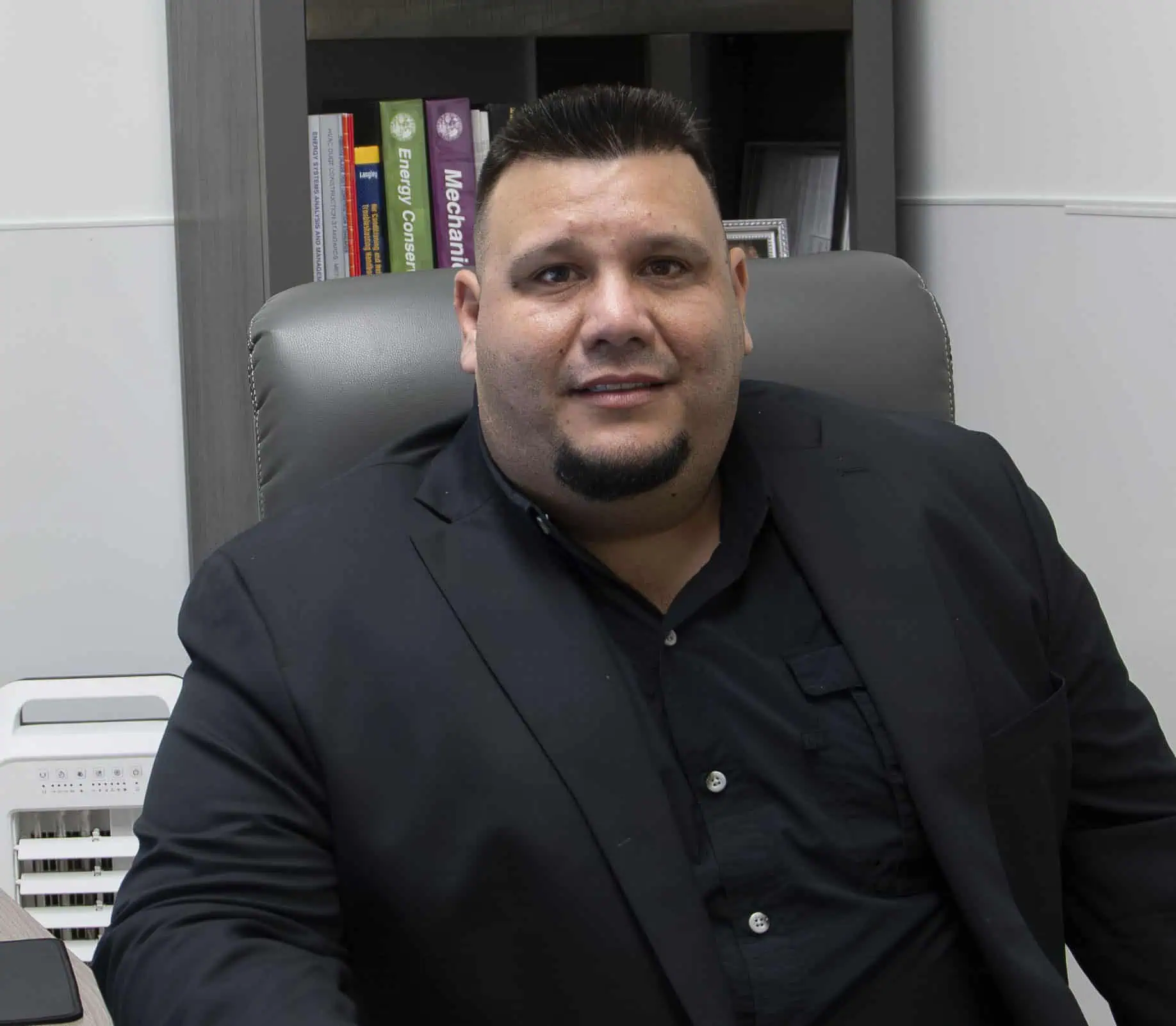
Rolando’s HVAC

April 15, 2024
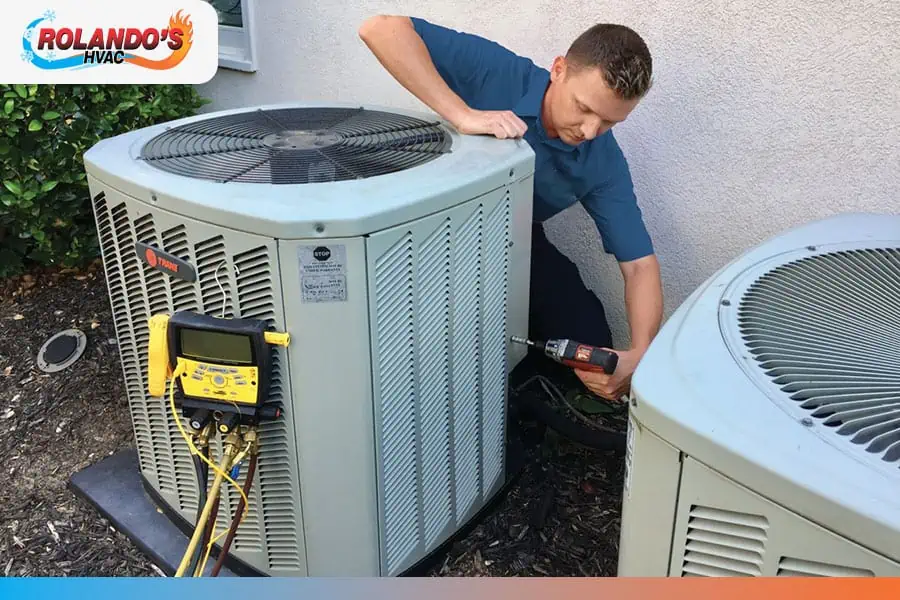
February 15, 2024
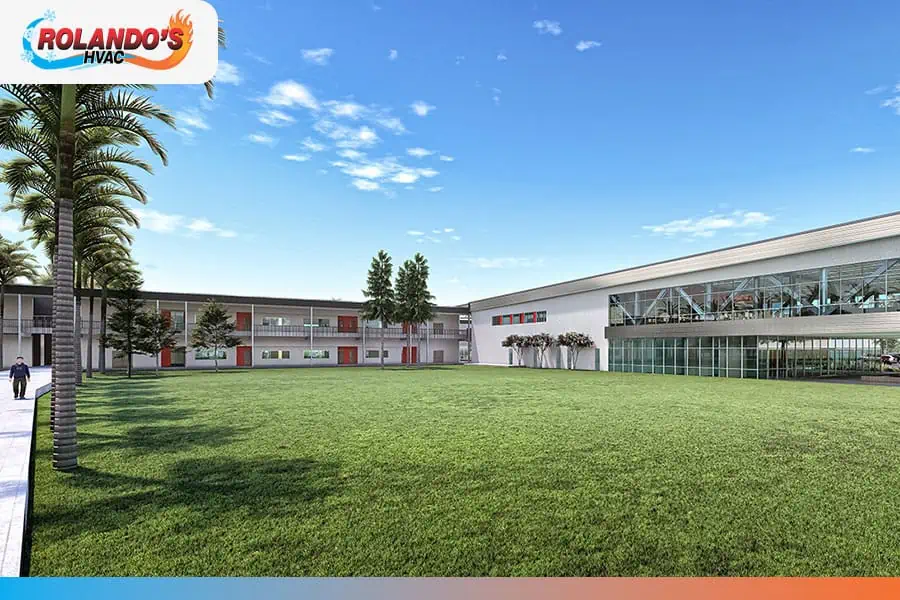
February 13, 2024

Rolando’s HVAC is a Heating/Cooling company that specializes in heating, air-conditioning and indoor air quality for the comfort and safety of you.
info@rolandoshvac.com
Open 24 Hours
Rolando’s HVAC - 2024 © All rights reserved